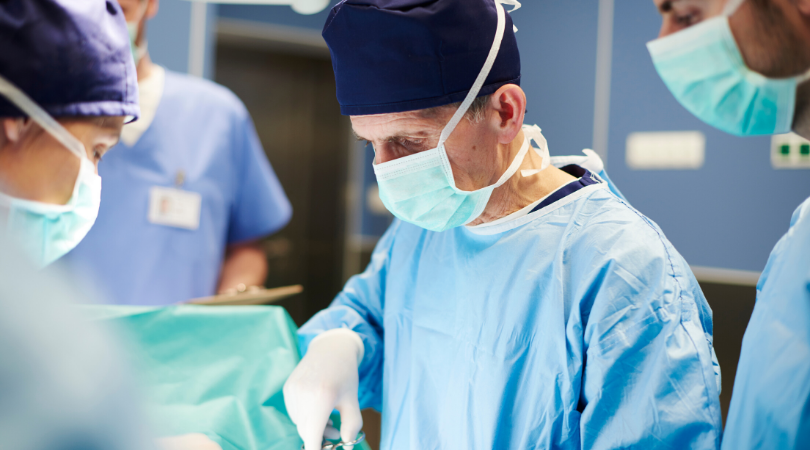Donating a Kidney: What to Expect

There are over 100,000 Americans currently on the waiting list for a kidney transplant. Every day 12 people die waiting for a kidney. The good news is that adults with two healthy kidneys can donate one to save the life of a known recipient (directed donation) or unknown recipient (non-directed donation).
If a person is considering donating a kidney, it’s important that they know what to expect.
How to Become a Kidney Donor
Once a potential recipient has been approved for transplant, any potential living donor can contact the transplant center to offer kidney donation.
Directed Donation
To donate to a friend or relative, the potential donor must go through some initial tests to see if they are a match. A kidney transplant coordinator will help to organize the testing and coordinate with the donor’s team.
Non-Directed Donation
A person can easily find a transplant center in their area. A kidney transplant coordinator will talk them through the initial process and testing.

Requirements for Kidney Donation
Healthy adults over the age of 18 in good physical and mental health with normal kidney function are eligible to become a kidney donor. Some medical conditions can prevent donation including diabetes, cancer, HIV, hepatitis, acute infections, or uncontrolled high blood pressure. Smokers should be honest about their habits, so the transplant center can properly assess the level of risk to the donor.
Some of the tests required for donors can include:
- Blood tests
- Urine tests
- Pap smear/gynecological exam
- Colonoscopy for those over age 50
- Cancer screening tests
- Antibody tests
- X-Rays
- Electrocardiogram
- CT scan
Potential donors will also meet with a psychologist and an independent living donor advocate to ensure they know what to expect after donating a kidney and are ready both mentally and emotionally to donate.

Kidney Transplant Surgery
Kidney transplant surgery is typically done laparoscopically. The surgeon makes small cuts on the donor’s stomach and removes the kidney through an incision just large enough for the kidney to fit through.
Surgery typically takes 3-5 hours and the kidney donor then spends an additional 1-3 days recovering in the hospital.
If necessary, kidney donation may be done using open nephrectomy. This surgery is more invasive and can lead to a slightly longer recovery period.

What to Expect After Donating a Kidney
Donors should expect to live a full, normal life with just one kidney.
Once the donor leaves the hospital, they will typically feel itching, tenderness and some pain at the incision site. Heavy lifting is not recommended for the first six weeks following surgery. Donors should also avoid playing contact sports where their remaining kidney could be injured during recovery. The donor’s physician will work with them to create a plan for healthy exercise once they are fully healed.
Donors are able to become pregnant after donation, but it is recommended that they wait at least six months after surgery. Donors typically have healthy pregnancies, but there are some small increases in the risks for gestational diabetes, pregnancy-induced hypertension, protein in the urine and preeclampsia. Donors should inform their OB/GYN about their donation and surgery to ensure proper monitoring.
99% of donors say they are glad they made the decision to donate a kidney and save a life.
Crossroads Hospice & Palliative Care provides care to patients at all stages of kidney disease. To learn more about the benefits of palliative care, call 1-888-564-3405.
If you found this information helpful, please share it with your network and community.
Copyright © 2020 Crossroads Hospice & Palliative Care. All rights reserved.




